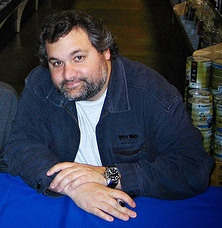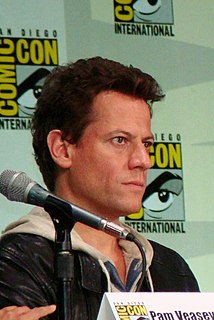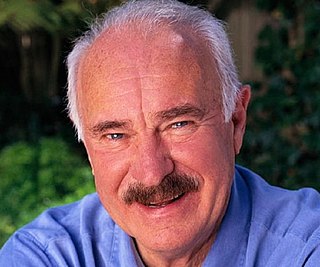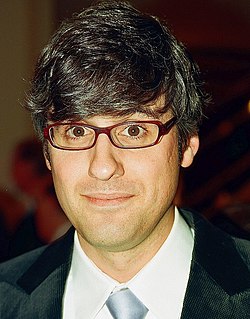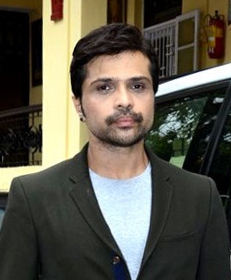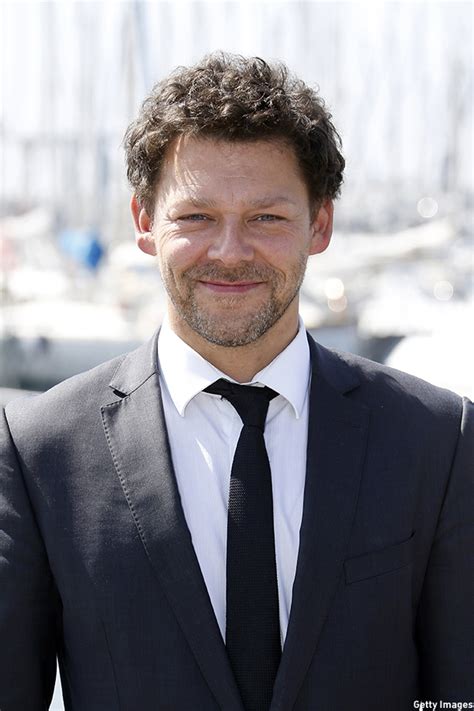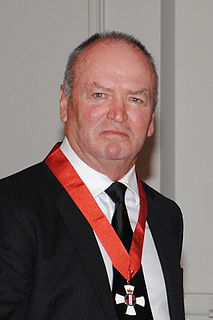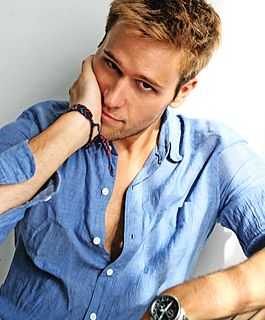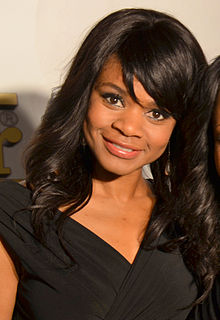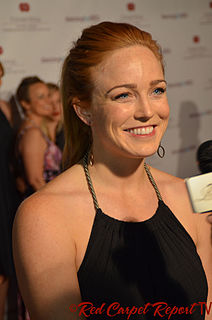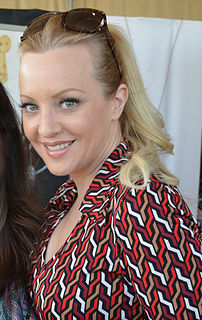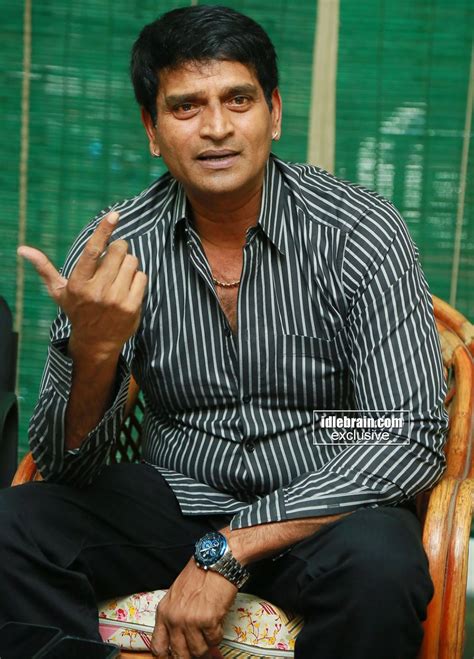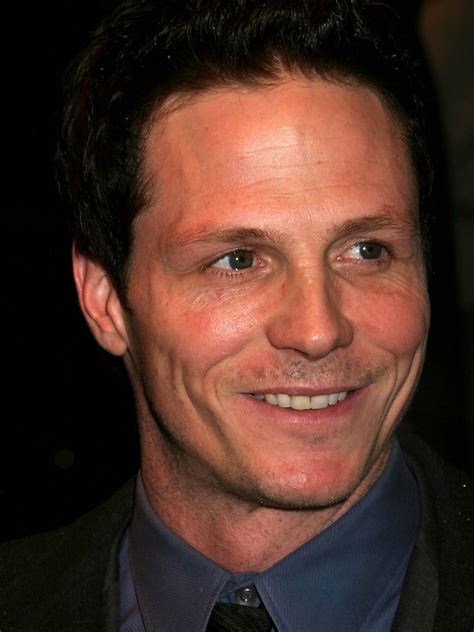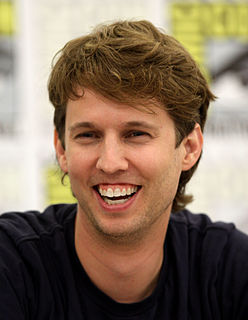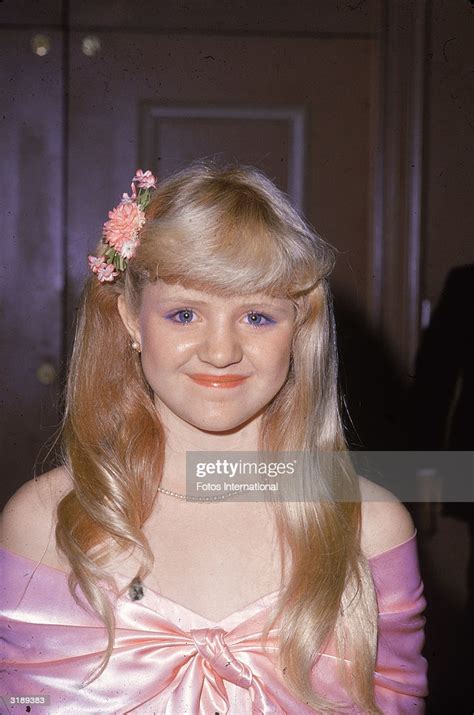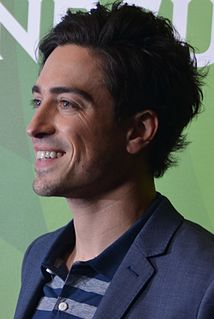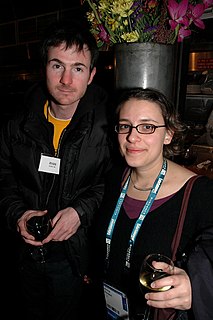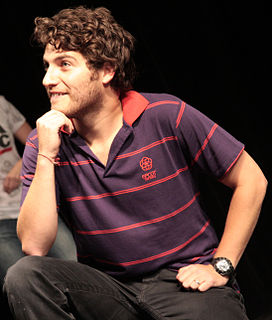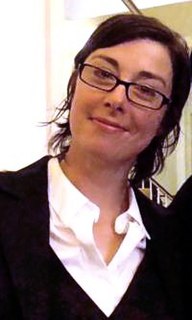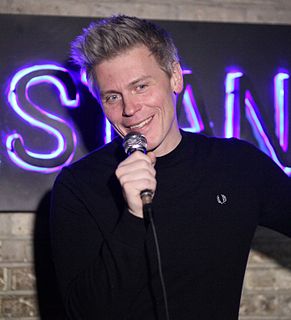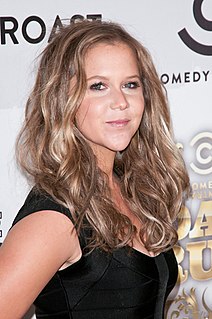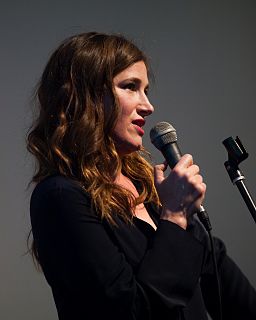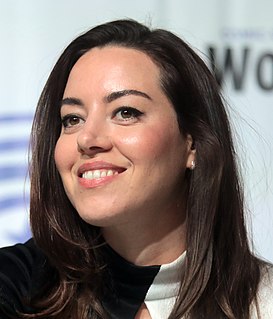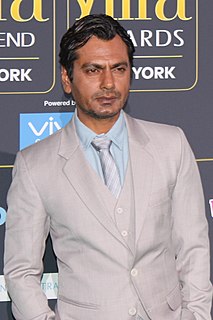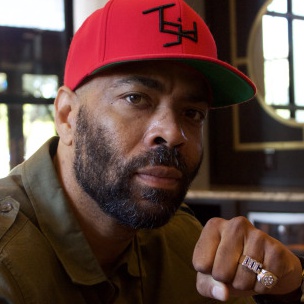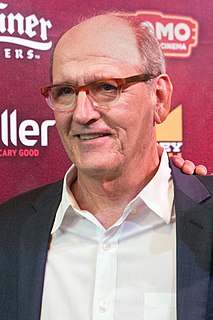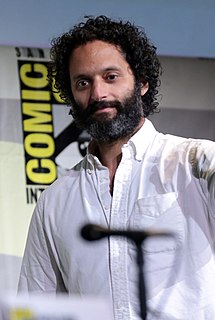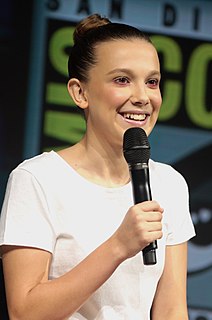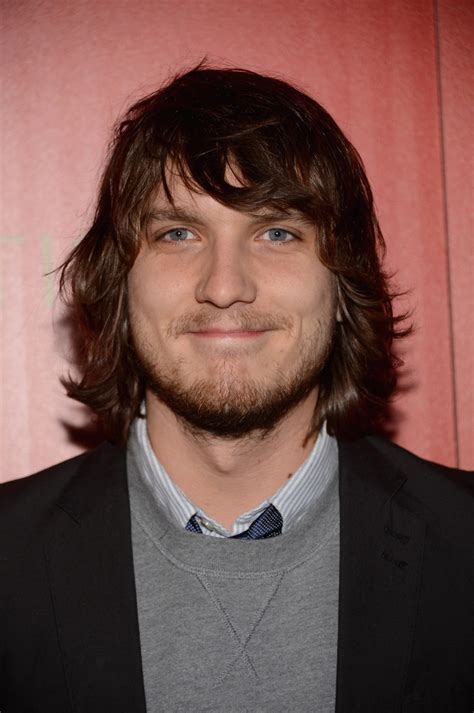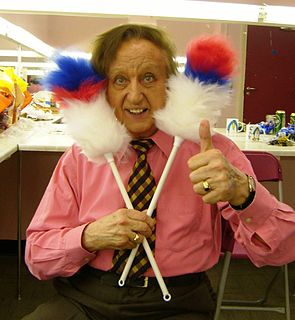Top 1200 Funny Character Quotes & Sayings - Page 4
Explore popular Funny Character quotes.
Last updated on November 16, 2024.
It's really an organic sort of process. You start off with the character on the page. You fall in love with that character and you have to represent that character well and I think it's just an evolution there. Using the accent and speaking the lines with the accent in fact opens the door to who the character really is.
I think, as a comedian, the funniest you can be is with people you know, and [whom] you've known for years, in a pub. That's as funny as you get, and so the aim [while stand-up] is to get that funny on stage with 5,000 strangers, to get that funny in a room where people shouldn't be listening but they are.
Someone trying to be funny probably isn't as funny as someone who doesn't want to be funny but is and can't help it. Someone being serious or angry might be funny. If you get angry, the first thing I want to do is laugh because I don't know why you're getting that angry. Pathos makes me laugh, funerals make me laugh.
I never like to judge the character. I just have to leave my feelings of pity, or fear, about a character - whatever I feel towards the character, I try to leave to one side. It's good to have them, but it doesn't help me. I can't act those things. I just to play the character as truthfully as I can.
At the time, I used to say, "We should market this like Everybody Loves Raymond. It's just a guy dealing with his family." Instead, it was irresistible to show all these funny people. So, I actually think this could be more inviting to a new audience because they can just watch one character, find out what's going on in his life, and then meet another character and find out what's going on in her life, and then see how it intersects the other one.
The first thing that happens is the cleansing of the former character. I don't think a lot of actors talk about it, but there is usually a process where you essentially purge yourself of the character played prior to the movie. Then you want to think about what the character represents, and you write down all of the elements about this character and then take the time to find some synchronicity and start breathing the character.
When I'm writing, I try to have the mask of my character on as I'm walking through the world. When I'm not at my desk, the rest of the time, I try to stay in that character and see the world the way that character would It's almost like method acting in a way — keeping the character close the way the actor keeps a script close and always tries to be in character.
Improv is more than just spitting out a bunch of funny stuff that's unrelated to the material. You have to stay in character, you have to react and respond as the character you're trying to play. You have to service the story, and I think improv training has helped with my listening, responding, and my audition technique. It's sounds so silly, but it's true. Because not only do you improvise during the audition, but once you get the part, they'll say, "Throw away everything. Just improv this scene. Do whatever you want." Someone could panic if they're not used to doing something like that.
I would like to play some character that's somewhat dramatic. I don't see myself ever becoming that serious, or it sounds weird, but I don't see myself doing something that's really dramatic but somewhat dramatic. I would like to do something that's more real and doesn't have to be laugh out loud funny. I always like whatever I'm involved in... whether it be funny or whether it be somewhat like... I'm not gonna try to get people to really cry.
I like ones that pertain to the music they make. Talking Heads does that somehow. More often than not band names are just a quirky joke that doesn't really stay funny for very long. It's like Homer Simpson's barbershop quartet, the Be Sharps. At first you're like, 'That's funny!' Then you're like, 'It's not that funny.'
The original outline for 'Mississippi Grind' was actually an attempt to go funny. But when we showed it to people we realized that maybe it wasn't as funny to other people as it was to us - we have a pretty specific sense of what's funny - and then we thought, O.K., we need to do this more like we would actually make one of our movies.
What people really want is not to make something funny, but to make something amusing - which, in many ways, is the opposite of funny. To amuse someone is to eliminate discomfort and awkwardness, kind of like a massage for the brain, while to be funny is to point out awkwardness and discomfort. Everyone thinks they want funny, but they really want amusement.



